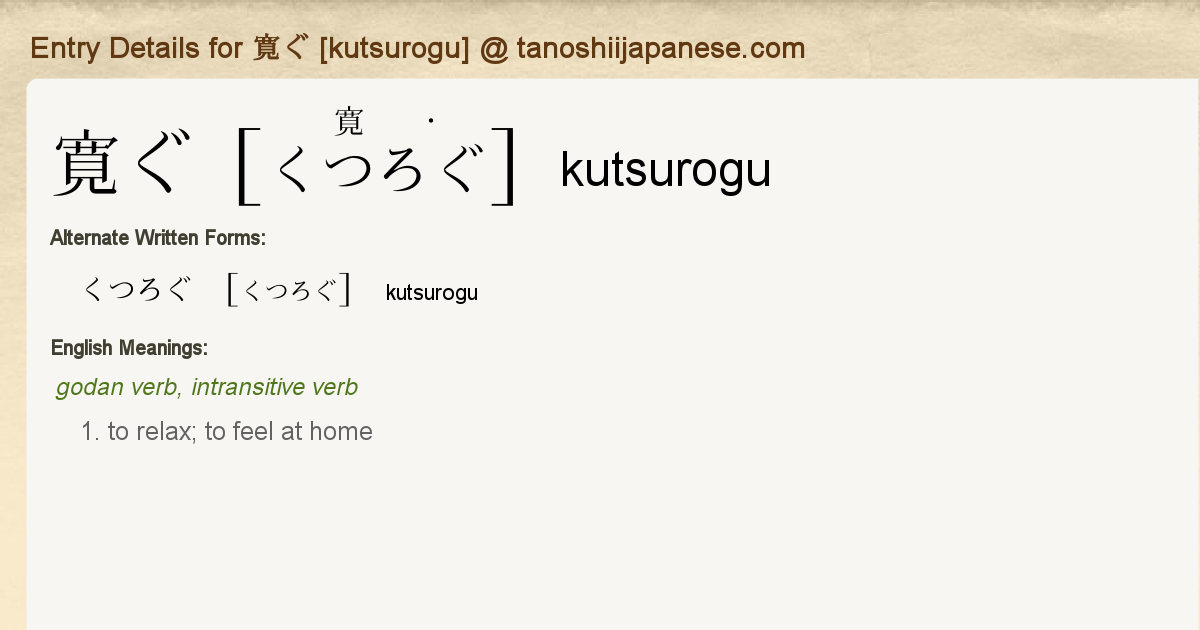

This article responded to two primary research questions: (1) How do graduated commanders reflect on their departure from command and (2) what could help a graduated squadron commander’s resiliency? The results were analyzed through the lens of what factors may aid in the process of departing a successful command and demonstrated the needs of the field in the areas of coaching, targeted post-command feedback, rest and reconstitution as primary mechanisms to aid in returning more resilient leaders to the force, ready and able to take on greater challenges for our nation.

Research from this paper indicated graduated squadron commanders are not given organizational time to “let go” of their command and become more effective and resilient future leaders, leading to feelings of abandonment of a mission and causing undue stress on themselves and their families. The de-briefing culture that makes up so much of operational, logistics, personnel, and medical professionals, is not utilized in a manner to promote reflection and reconstitution of graduated commanders which can later exhibit itself in many ways. Time to reconnect, think, and learn is ceded for moving and beginning a new position as swiftly as possible. Yet, as senior military leaders complete, what is described by many as the “marathon” of command, no rest or reconstitution time is given to these individuals between assignments. Recognizing the stress of being away from home, the Air Force instituted policies to allow for reconstitution of members to their unit and family when they return from a deployment.
WITHOUT REST SYNONYM HOW TO
Websites, unit ‘down days’ in which mission time is ceded for human development time, and programs to train leaders on how to oversee individuals before and after a crisis or stressful event are commonplace. The Department of the Air Force has enacted a variety of programs and education to aid in the resiliency of its members. They are no longer the person in which decision-making rests, they do not receive updates on programs and people that were their focus over the past two, three, or four years, and many do not have the time to reflect on their leadership before being handed another flag to lead again.

Within seven days, most graduated commanders have a new position, a new base, and assignment. Upon completion of the ceremony, the now graduated commander collects their things and exits quickly to allow the new command team to be welcomed, driving away to start a move. “I am relieved.” The last words spoken by military commanders at multiple levels of leadership before they pass the guidon to their boss and step to the right, leaving space for the new commander to step forward and assume command.


 0 kommentar(er)
0 kommentar(er)
